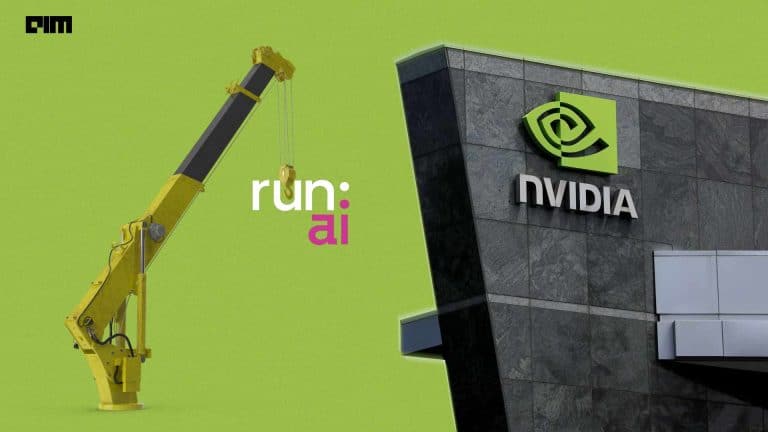|
Listen to this story
|
The year was 2020, when Apple announced that in the next two years, the company would transition all of its Mac lineup to its own chips rather than depending on Intel. However, with Apple’s Mac Pro still coming with Intel’s Xeon W processor, the company seems to be dragging its feet on the deadline.
And while Apple’s Worldwide Developers Conference (WWDC) was where the 2019 and 2013 Mac Pro were launched (shipping later in the year), this year’s WWDC, which is happening in June, might also not see the announcement of the new Mac Pro as per the latest newsletter by Bloomberg’s Mark Gurman.
Quicker Doesn’t Mean Better
Speculation is rife that Apple was developing an M1 Extreme-powered 48-core CPU, 152-core GPU Mac Pro, which was supposed to be launched in 2023, but is now cancelled. The reports suggest that Apple will be launching Mac Pro featuring M2 Ultra – a newer version of the same chip used in the Mac Studio. M2 Ultra was made by putting together two M2 Max chips and joining them with a high-quality bridge so that they can work together without losing any power.
Since it was a success, Apple wanted to replicate the same formula for its Mac Pro, where it tried to produce the M1 Extreme by putting together four chips. However, it had to stall the plan over “complexity and cost” issues. As per Gurman, “the complexity and cost of producing a processor that is essentially four M2 Max chips fused together” was too much for Apple, given the small size of its target market.
“Producing chips was never Apple’s forte, and while it achieved success with its M1 and M2 chips for MacBook lineup, it will take some time to build a chip to support a machine as powerful as Mac Pro,” a source at AMD told AIM.
However, the Mac Pro with an M2 Ultra chip too doesn’t make sense. Why would customers buy the Mac Pro with M2 Ultra rather than the cheaper Mac Studio with the same processor? Additionally, some rumours also support the theory that the new model will lack user-upgradeable RAM due to the unified memory being built as a physical part of the M2 system-on-chip but will have “slots” for storage, graphics, media and networking cards.
However, Apple also can not come with Intel Xeon processor as AMD already has a better one to offer and Apple has decided to part ways with Intel’s Xeon lineup. When asked what exactly was Apple’s problem with Intel Xeon, Intel refused to comment.
AMD EPYC– how does it perform?
Now that Intel’s chips are not being used by Mac Pro and Apple’s own chips are not as powerful as they should be, the only choice that remains is AMD’s EPYC chip. Until now the EPYC chips were generally used at the server side, but now it’s also being touted as an alternative to the workstation-class processors.
To compare with Intel Xeon processors, AMD EPYC processors offer a higher core count compared to Intel Xeon processors, with the latest EPYC processors having up to 64 cores, while Intel Xeon processors have a maximum of 28 cores. However, the Intel Xeon processors have a higher clock speed compared to AMD EPYC processors. This is because Intel Xeon processors are designed for single-threaded performance, while AMD EPYC processors are optimised for multi-threaded performance.
The AMD EPYC processors support more memory per socket compared to Intel Xeon processors. The latest EPYC processors support up to 4TB of memory, while Intel Xeon processors support a maximum of 2TB of memory. Additionally, the AMD EPYC processors have more PCIe lanes compared to Intel Xeon processors. The latest EPYC processors have up to 128 PCIe lanes, while Intel Xeon processors have a maximum of 48 PCIe lanes.
The benchmark tests on Intel Xeon and AMD Epyc processors suggest that AMD EPYC outperforms Intel Xeon in several scenarios. For instance, in applications that require high core count and multi-threaded performance, AMD EPYC processors deliver better performance than Intel Xeon processors. Furthermore, AMD EPYC processors also come with a higher number of PCIe lanes, which makes them more suitable for tasks that require high I/O bandwidth. On the other hand, Intel Xeon processors have a slight edge when it comes to single-threaded performance and clock speed.



















































































